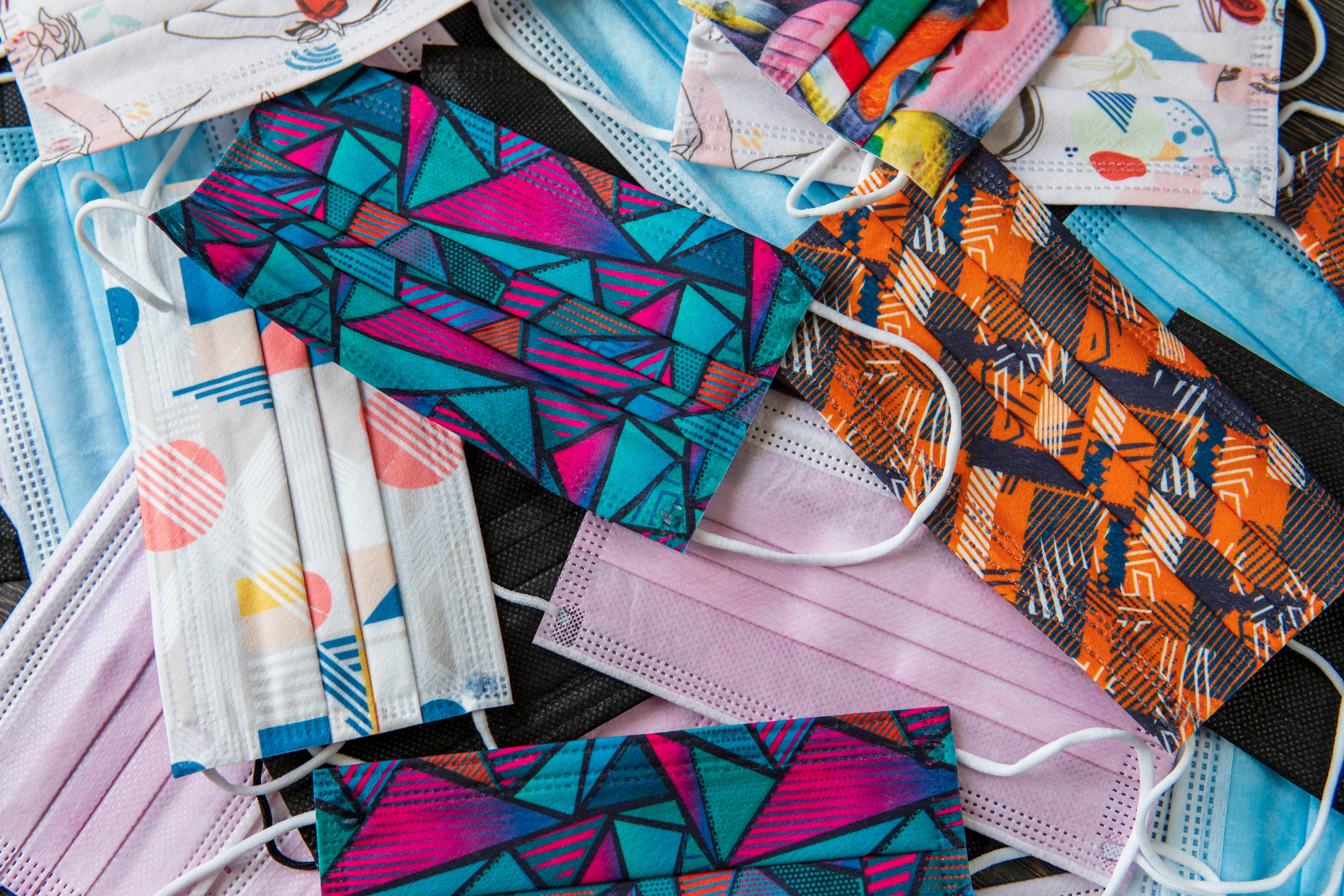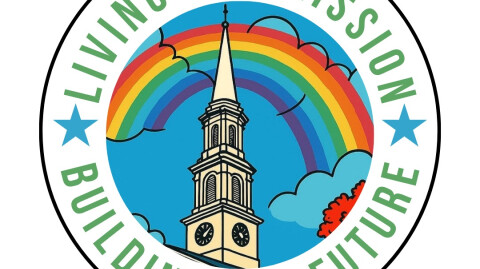When I think about the Covid pandemic, it feels like something we all went through together. Everyone’s work life changed. All the schools and congregations closed. We all shared one experience. Right?
To a certain extent that’s true. But from another point of view, our experiences varied widely. From the very beginning, the pandemic was different for different people.
Many people were at home almost all the time, some not even leaving the house to buy groceries. Some people were retired or laid off, worried about money and isolation. Others were parenting small children and overseeing remote school, sometimes while working from home themselves.
Still others were essential workers, and were required to go to work selling food, collecting trash, or providing health care throughout the shutdown. For people in these industries, work didn’t stop—it picked up, becoming harder and more stressful, at times non-stop. By the time we were only 6 months into the pandemic, different people had had very different experiences.
This continues to be true. Some of you reading this memo have had Covid. Others assume you will get it at some point, because you are working or socializing unmasked, or because you have children in school. Yet others have reasonable hopes of never falling ill from this particular virus, because you are able to limit your activities or always wear a mask. Others must continue isolating because they have weakened immune systems. Different people have different experiences.
In the midst of this difference, it’s easy to make assumptions about other people’s behavior. In the wider world, I have seen people blame their non-Covid health challenges on the fact that other people aren’t masking. I have seen others disregard requests to mask because “they don’t have to.” We risk widening the divisions between us, instead of finding ways to understand each other better.
We need to stretch ourselves to accept these differences. We can’t always extrapolate from our own experiences in order to understand the experiences of others. In something as overwhelming and polarizing as the pandemic, it can be hard to remember that our way is not the only way. We have to have something more than empathy: we have to have compassion.
To have compassion for someone we don’t have to understand them. We simply accept their humanity. To have compassion for ourselves we don’t need to be understood. We just ask that other people respect our humanity.
When it comes to masks, this means being willing to what we need and what we’ll do. This summer we visited friends who were not ready to be inside of restaurants unmasked. So we got food at a local restaurant and took it to the park to eat. We spent Thanksgiving with family who had a variety of habits when it came to masking. We all affirmed that the members of our family who wanted to wear masks were welcome to do that. We can be accepting of difference.
At church, we are always trying to broaden our welcome. Masks remain optional at church activities. The choir recently reaffirmed their decision to wear masks, at least through the holiday season. Following the example of another church in Worcester, we are designating a section of seating as “masked only.” Those who wish to wear a mask and sit with others who are masking may find this seating on the Court Street side, behind the choir’s pews. Of course you are welcome to wear a mask anywhere in the sanctuary; indeed, anywhere in the church. We continue to offer certain gatherings online to include those who can’t attend in person.
Just because we all lived through something doesn’t mean we have all lived through it in the same way. Being human is better with compassion, curiosity and a willingness to meet halfway.
In faith,
Rev. Sarah Stewart





